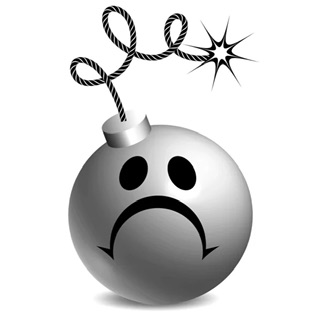
If you think things are crazy now, just wait a few days until the upcoming Lunar Festival Full Moon straight ahead coming atop.
The next full moon will be on Monday, Feb. 6, at 1:29 p.m. EST (1729 GMT), but the moon will still appears full the night before and after its peak to the casual stargazer. The February full moon follows the January full moon, which occurred on Friday, Jan. 6 at 6:08 p.m. ET (2308 GMT).
There are many common beliefs about how the full moon can influence everything from sleep quality to mental health and heart health. However, only a few of these have been proven in studies
For centuries, physicians and philosophers blamed behavioral changes on the pull of the moon. The word “lunatic,” after all, stemmed from the mental state related to lunar cycles.
The connection between the two is even supported in historic legal treatises. For instance, people lose their ability to reason according to the moon’s shifting phases.
The “lunar effect” is based on the belief that health and behavior are altered during specific stages of the lunar cycle, with some claiming that it can affect everything from reproductive health to sleep quality and beyond.
ACROSS THE CENTURIES “There must be a full moon out there” in an attempt to explain weird happenings at night. Indeed, the Roman goddess of the moon bore a name that remains familiar to us today: Luna, prefix of the word “lunatic.” Greek philosopher Aristotle and Roman historian Pliny the Elder suggested that the brain was the “moistest” organ in the body and thereby most susceptible to the pernicious influences of the moon, which triggers the tides. Belief in the “lunar lunacy effect,” or “Transylvania effect,” as it is sometimes called, persisted in Europe through the Middle Ages, when humans were widely reputed to transmogrify into werewolves or vampires during a full moon.
#DONews https://science.doseofnews.com/